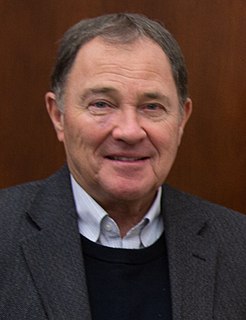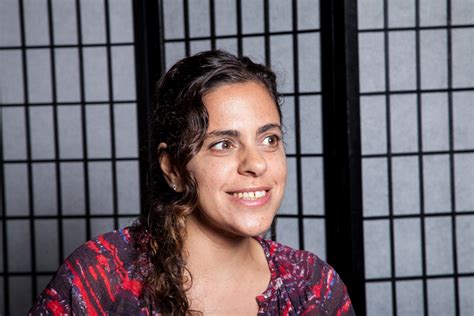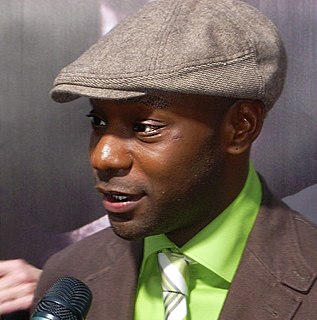A Quote by Kirron Kher
Educationists and teachers should think how they could play a role in making students spend time doing creative activities.
Related Quotes
Students at residential universities often live together and spend time on activities that aren't connected with the university. Then, should the university's rules about sexual consent extend to students' private lives? In my book, I argue that these narrow rules should extend to students' private lives no matter what or where they happen to be conducting those lives. The logic is that sexual assault is a form of discrimination and denies the victim an equal education. The point of university life is to get that diploma and nothing should stand in the way.
Teachers can be a living example to their students. Not that teachers should look for students to idealize them. One who is worth idealizing does not care whether others idealize them or not. Everyone needs to see that you not only teach human values but you live them. It is unavoidable sometimes you will be idealized -- it is better for children to have a role model, or goal, because then the worshipful quality in them can dawn.
Not since the days of the Hitler Youth have young people been subjected to more propaganda on more politically correct issues. At one time, educators boasted that their role was not to teach students what to think but how to think. Today, their role is far too often to teach students what to think on everything from immigration to global warming to the new sacred trinity of 'race, class and gender.'
What is wrong with encouraging students to put "how well they're doing" ahead of "what they're doing." An impressive and growing body of research suggests that this emphasis (1) undermines students' interest in learning, (2) makes failure seem overwhelming, (3) leads students to avoid challenging themselves, (4) reduces the quality of learning, and (5) invites students to think about how smart they are instead of how hard they tried.
Classroom teachers can play an active role in instructing children about appropriate conduct online, even where there is no school policy on the issue. By promoting public discussion about their lives on the Internet, teachers and students can work together to share advice and develop 'rules to type by' or similar Internet-minded guidance.
I definitely felt by the time I got to grad school - which was a great experience - I was like, 'What's the difference between the teachers and the students? Why are the teachers teachers if they want to be acting?' It didn't make sense to me anymore. It's not like you learn how to set a broken bone and you get the stamp of approval.
I definitely felt by the time I got to grad school - which was a great experience - I was like, Whats the difference between the teachers and the students? Why are the teachers teachers if they want to be acting? It didnt make sense to me anymore. Its not like you learn how to set a broken bone and you get the stamp of approval.
Differentiated Instruction is a teaching philosophy based on the premise that teachers should adapt instruction to student differences. Rather than marching students through the curriculum lockstep, teachers should modify their instruction to meet students' varying readiness levels, learning preferences, and interests. Therefore, the teacher proactively plans a variety of ways to 'get it' and express learning.



































